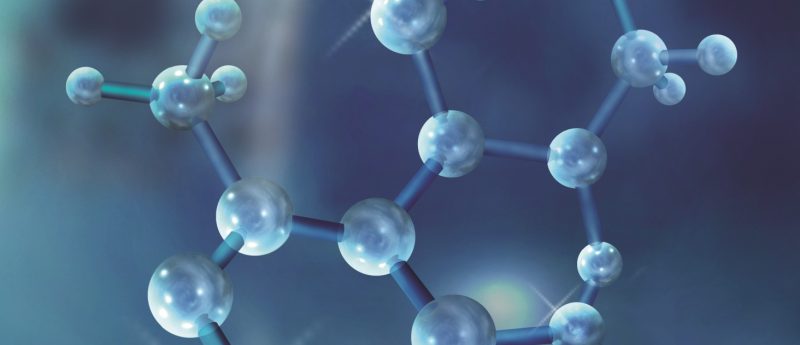Hydrogels: hibernation tools for stem cell transportation

Researchers from the University of Sheffield (UK) and University of Louisville (KY, USA) have used a hydrogel that mimics the mucus around embryos in diapause to prevent stem cells from differentiating, which could support storage and transportation of pluripotent stem cells until the correct time for differentiation.
Maintaining the pluripotency of stem cells until they are required for use is a challenge for the cell therapy field. Researchers from University of Sheffield (UK) and University of Louisville (KY, USA) have developed a thermoresponsive hydrogel that puts the cells to sleep for 2 weeks, allowing easier and cheaper stem cell shipment.
Embryonic diapauses is a reproductive strategy where animals such as kangaroos coat embryos in mucin to inhibit uterine implantation and keep the embryos dormant for days or months in utero, in order to halt birthing the offspring until a more suitable time. Inspired by this process, the team looked to create a mucin-mimicking, nonadherent, 3D synthetic gel where pluripotent cells could remain dormant for longer periods of time, yet retain their pluripotency.
They generated a very soft hydrogel using PGMA—PHPMA diblock copolymer worms and found it prevented stem cells growing and differentiating at human body temperature, and turned into a liquid upon cooling, meaning the stem cells could easily be stored then removed when required. Removal of the cells reactivated them — they began proliferating again within 24 h. Synthetic worm gels therefore could be used for the short-term (weeks) storage of pluripotent stem cells or human embryos without cryopreservation.
Human embryos also appeared to enter diapause when placed in the hydrogel, suggesting that creating the right physical environment may be sufficient to delay gestation, which has not previously been observed for human embryos.
Sources: http://phys.org/news/2016-02-hydrogels-stem-cells.html; Canton I, Warren NJ, Chahal S et al. Mucin-inspired thermoresponsive synthetic hydrogels induce stasis in human pluripotent stem cells and human embryos. ACS Cent. Sci. doi:10.1021/acscentsci.5b00370 (2016) (Epub ahead of print).